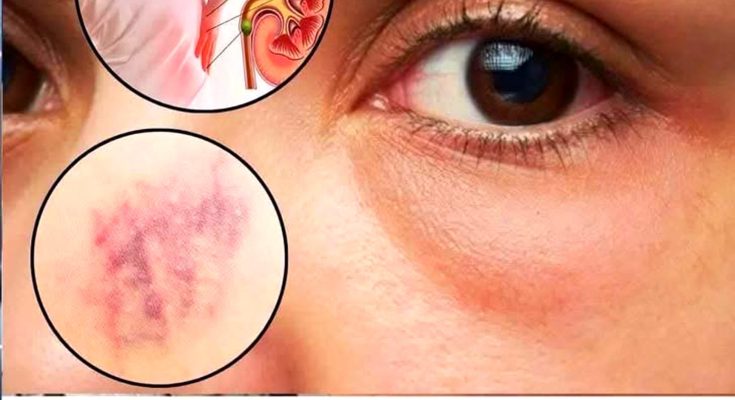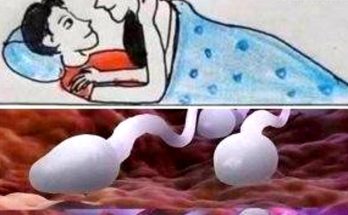Here are 8 detailed signs of kidney failure that, if ignored, may require lifelong dialysis:
1. Persistent Fatigue and Weakness
- The kidneys help produce erythropoietin (EPO), a hormone that stimulates red blood cell production.
- When kidney function declines, EPO levels drop, leading to anemia, which causes chronic fatigue, weakness, and difficulty concentrating.
2. Swelling (Edema) in the Legs, Feet, or Hands
- The kidneys regulate fluid balance in the body.
- When they fail, excess fluid builds up, causing swelling (edema), especially in the ankles, feet, hands, and face.
- Severe cases may lead to fluid accumulation in the lungs, making it hard to breathe.
3. Changes in Urination
- Foamy or bubbly urine – A sign of protein leakage (proteinuria), indicating kidney damage.
- Frequent urination, especially at night – The kidneys struggle to filter waste, leading to excessive urination.
- Dark, bloody, or tea-colored urine – May indicate blood in the urine (hematuria) due to kidney damage.
- Difficulty urinating or decreased urine output – A sign that the kidneys are failing to remove waste effectively.
4. Persistent Nausea and Vomiting
- As kidney function declines, toxic waste (uremia) builds up in the blood.
- This leads to chronic nausea, vomiting, and loss of appetite, making it difficult to maintain proper nutrition.
5. Shortness of Breath and Chest Pain
- Fluid retention can accumulate in the lungs, causing shortness of breath (dyspnea).
- A buildup of potassium (hyperkalemia) due to kidney failure can cause irregular heartbeats (arrhythmia) and even heart failure.
6. High Blood Pressure (Hypertension)
- The kidneys play a key role in regulating blood pressure.
- Damaged kidneys struggle to maintain sodium and fluid balance, leading to high blood pressure, which further worsens kidney damage in a vicious cycle.
7. Severe Itching and Dry Skin
- The kidneys remove excess phosphorus from the blood.
- When they fail, phosphorus builds up, leading to severe itching (pruritus), dry skin, and even calcium deposits in the skin.
- Uremia can also cause skin discoloration, giving it a pale or yellowish tone.

8. Metallic Taste and Ammonia Breath
- Uremia causes a buildup of toxins, leading to a metallic taste in the mouth and bad breath with an ammonia-like odor.
- This can also lead to loss of appetite and weight loss, worsening overall health.
Why Ignoring These Signs Can Lead to Dialysis?
If kidney failure progresses untreated, waste, fluids, and toxins accumulate in the body, leading to life-threatening complications. In severe cases, dialysis (a treatment that artificially removes waste and fluids) becomes necessary for survival.
When to See a Doctor?
- If you experience any of these symptoms persistently, seek medical attention immediately.
- Early detection and treatment can prevent kidney damage from worsening and may help avoid the need for dialysis.



